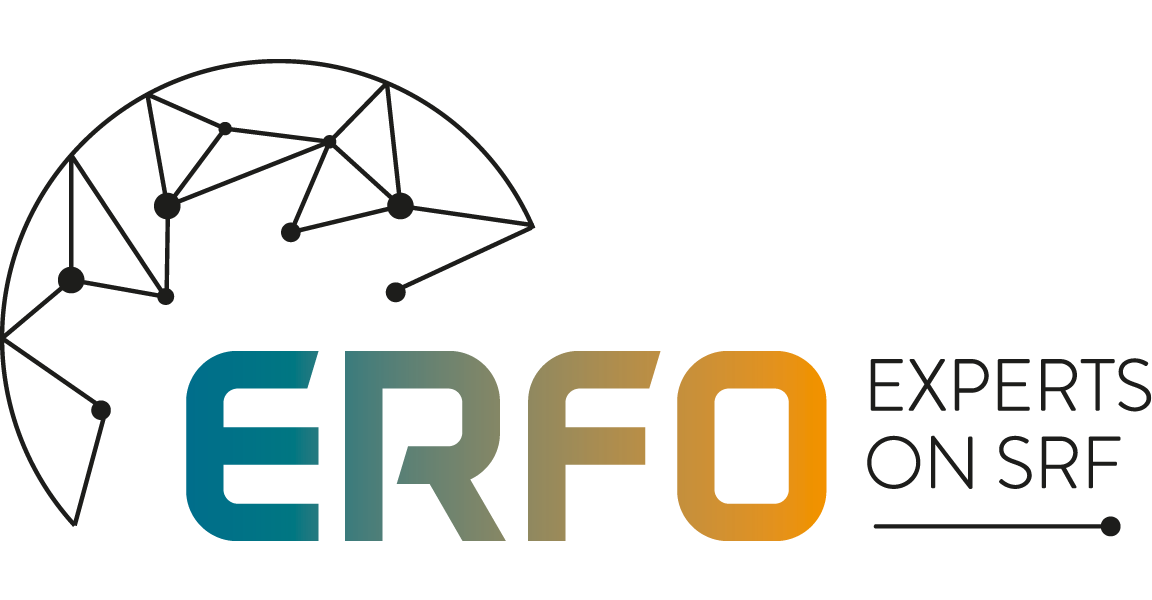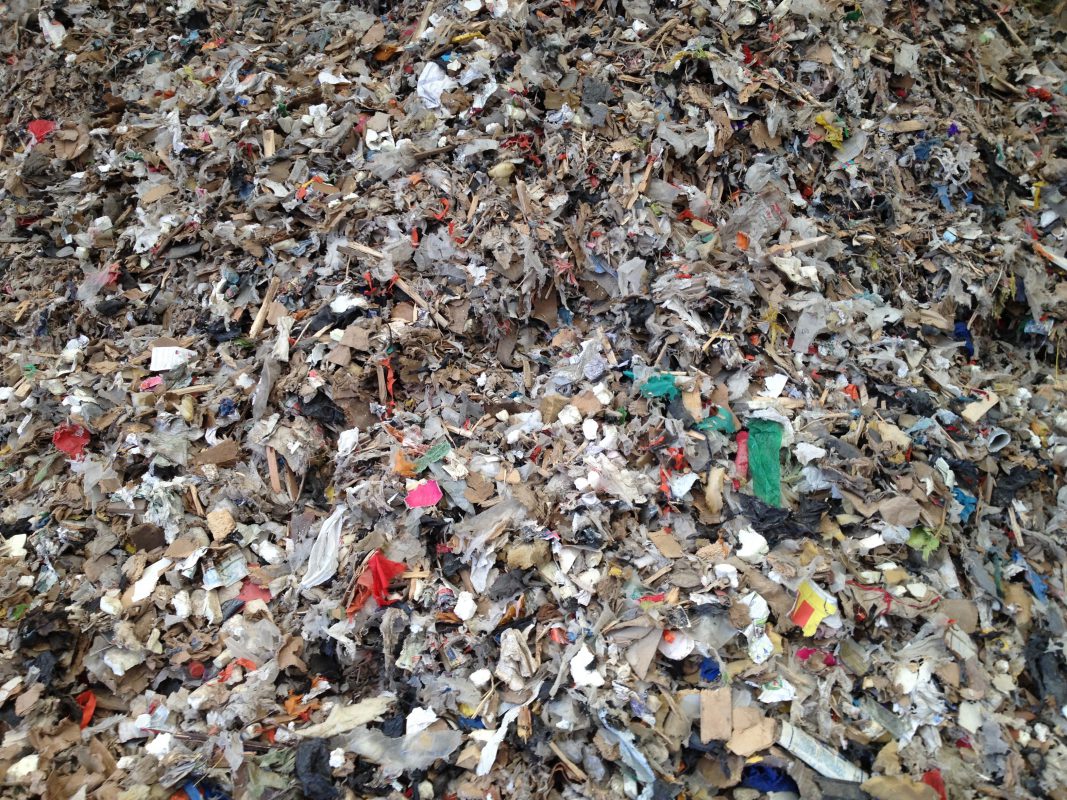Home - Who is ERFO
ERFO focusses on the total process to produce SRF, from getting more supply of waste as a feedstock to what to do with SRF as a product. We try to turn waste into a new resource/fuel, ERFO is here to promote SRF as a concept. ERFO is there for producers and users and the focus is on sustainable development, high quality standards and European/international standardization.
ERFO believes that recovered fuels and SRF will be an important fuel for the future. It is a substitute for fossil fuels such as coal, pet-coke and natural gas. As part of recovered fuels is biogenic of nature, they also contributes to the European goals for renewable energy.
ERFO stands for the process of making SRF, it is an optimum way of making energy from waste, as it does not compete with recycling.
Members of ERFO are producers of SRF or parties that intend to do so. Associate members are parties that support the concept of SRF but are not producers of it
What are recovered fuels and SRF?
Recovered fuels are produced from non-hazardous waste streams such as Municipal Solid Waste, Construction & Demolition Waste and Commercial and Industrial Waste. But also mono waste streams such as rubber or dried sludge can constitute a recovered fuel. When produced in accordance with European standard EN15359, SRF can be classified properly.


